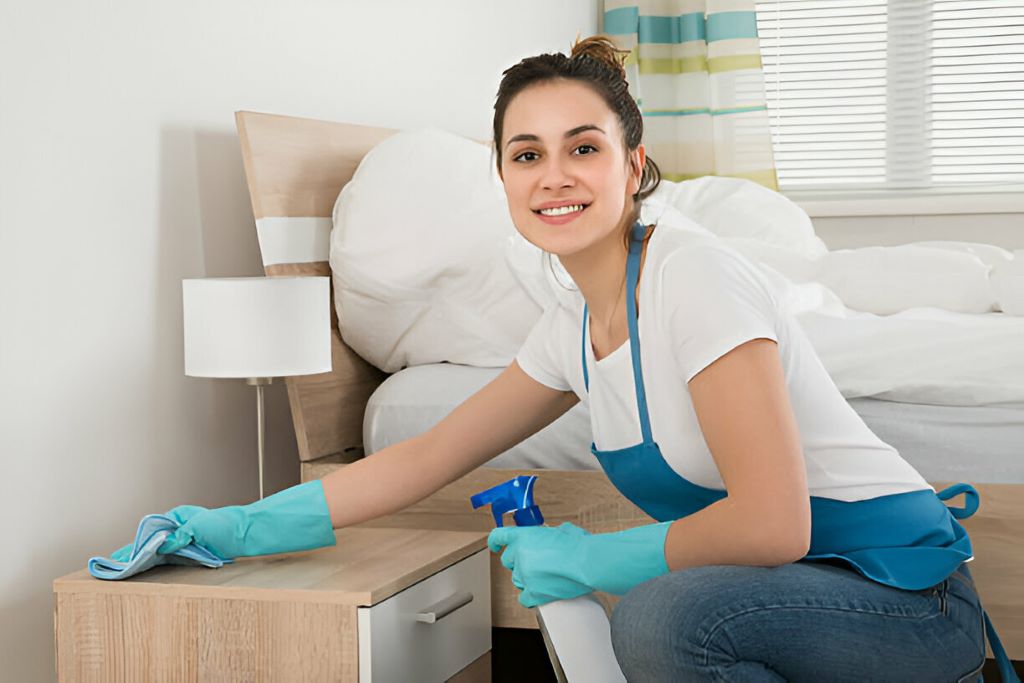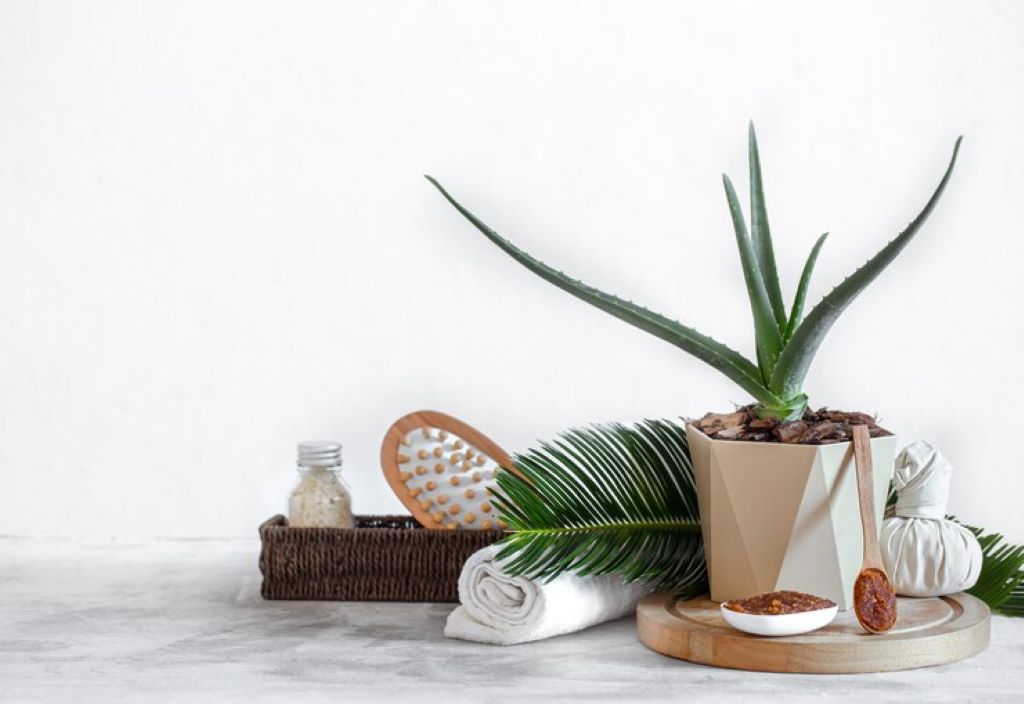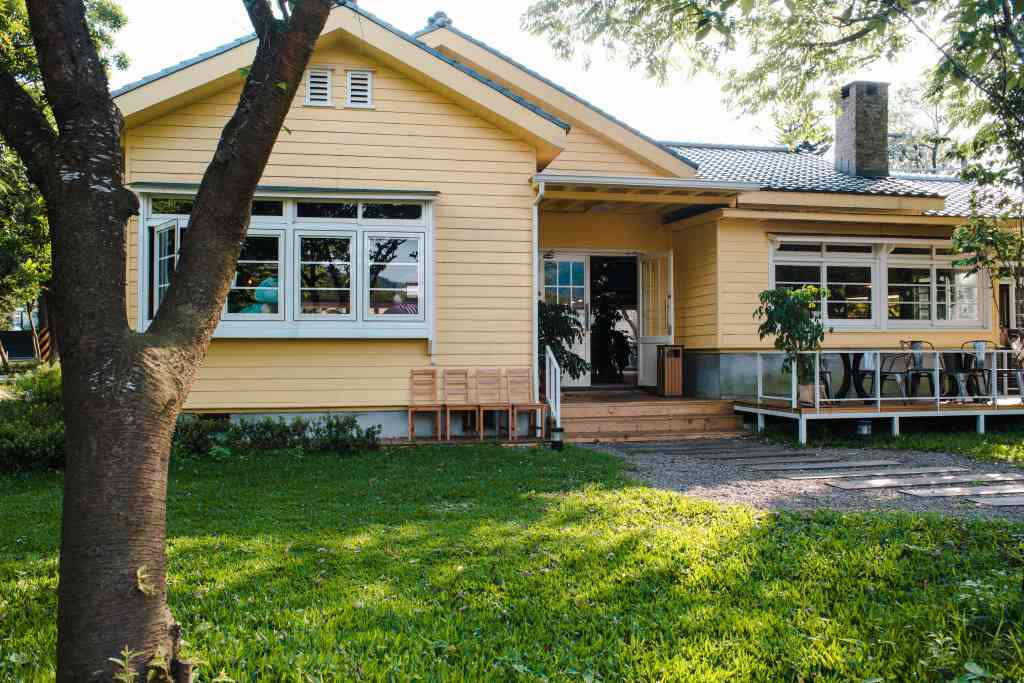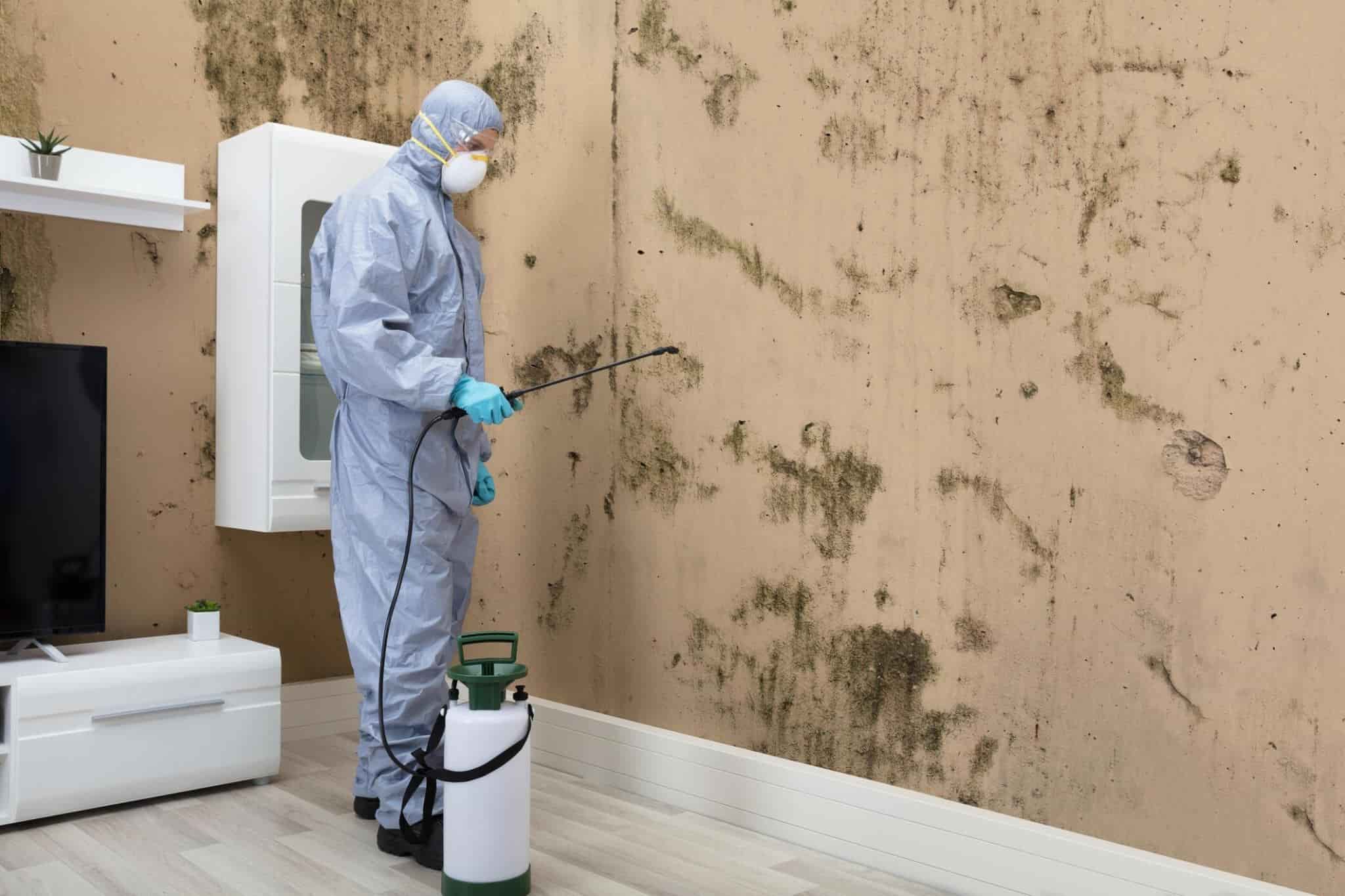
With the increasing importance of sustainability, in the minds of homeowners, there is a growing recognition that eco-friendly pest control practices are essential for residential upgrades. Traditional methods of pest management heavily rely on chemical pesticides, which not only disrupt the balance but also pose risks to human health.
In this exploration, we delve into strategies for pest control that aim to create a healthier living environment while minimizing our ecological footprint. By shedding light on the role played by pest control services we embark on a journey to uncover innovative approaches that seamlessly integrate pest management with environmental stewardship.
Join us as we navigate the realm of eco-pest control and discover solutions that safeguard households and contribute to the well-being of our planet on a broader scale.
Understanding Sustainable Pest Control
Understanding Sustainable Pest Control focuses on eco strategies that prioritize minimizing the impact on our environment while managing pests. Through methods and holistic approaches, this article explores how sustainable pest control fosters harmony between humans, nature, and the ecosystem.
- Prevention Through Home Renovation: Home renovation provides an opportunity to implement measures against pests. By sealing cracks and gaps in walls, floors, and foundations it becomes possible to prevent pests like rodents and insects, from entering your home.
- Sustainable Building Materials: Opting for building materials can play a role in preventing pest issues. Using materials like wood, bamboo, and recycled steel makes it less likely for pests to infest compared to alternatives. Additionally incorporating finishes and sealants that are free from harmful chemicals can discourage pests from making their homes in renovated spaces.
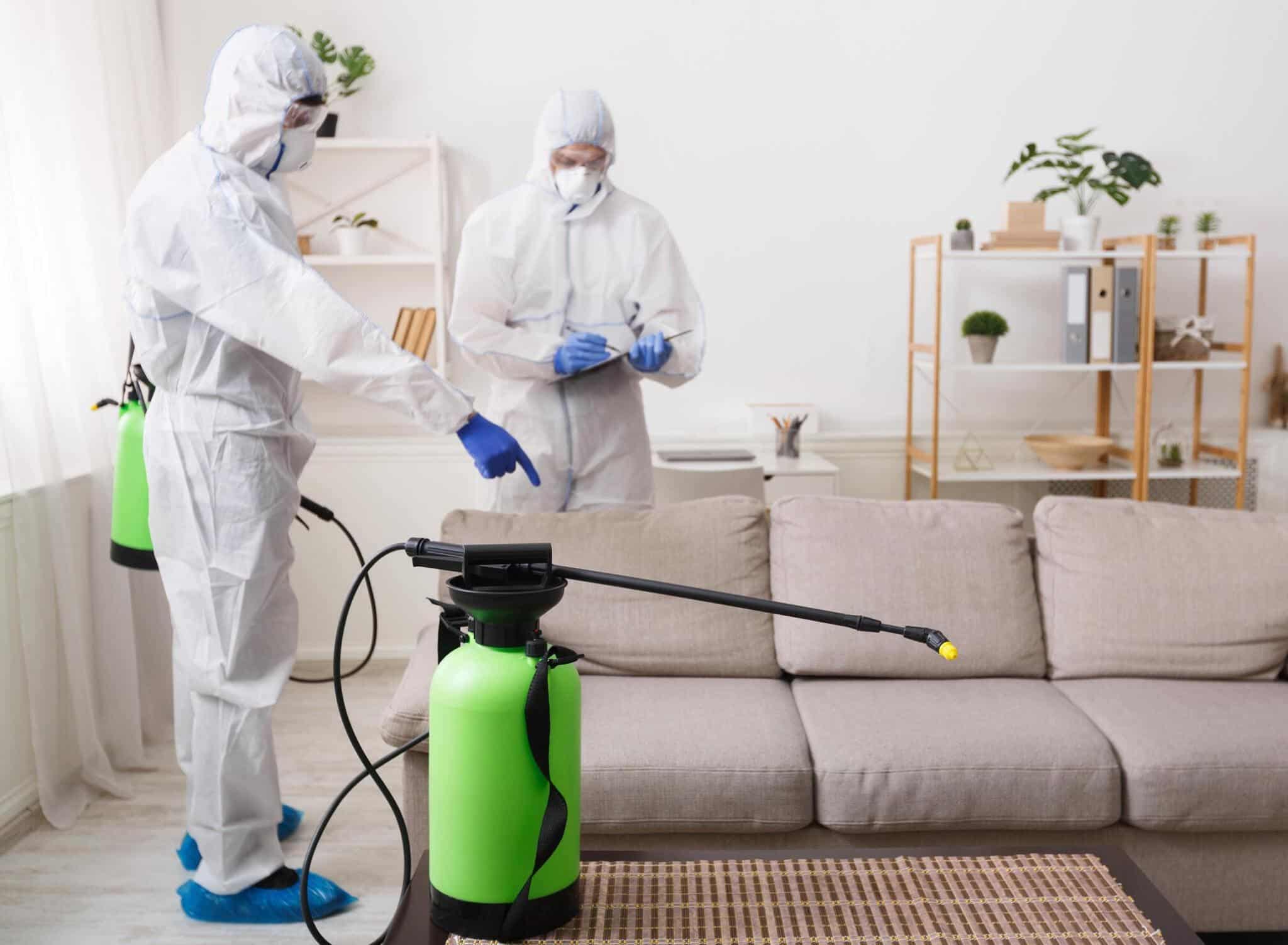
- Water Management: Proper water management around your property can also contribute to sustainable pest control. Eliminating standing water and ensuring proper drainage helps deter pests such as mosquitoes and rodents, which are attracted to moist environments.
Integrated Pest Management (IPM)
Integrated Pest Management (IPM) is an approach to pest control that focuses on prevention, monitoring, and tailored control measures for pest problems.
- A Comprehensive Approach to Pest Control: Integrated Pest Management (IPM) takes a view of pest control by prioritizing long-term prevention and reducing reliance on chemical pesticides. This approach involves strategies such as modifying habitats implementing controls and using targeted pesticide applications only as a last resort.
- Harnessing Biological Control Methods: Biological control methods utilize predators, parasites, and pathogens to manage pest populations. For instance introducing insects, like ladybugs or nematodes can be a way to manage aphids and other garden pests without resorting to chemicals.
- Continuous Monitoring and Evaluation: A key aspect of IPM is ongoing monitoring and evaluation of pest populations and control measures. By regularly assessing the effectiveness of interventions and adjusting strategies as needed, IPM ensures that pest management efforts remain proactive and responsive to changing conditions, leading to more sustainable outcomes over time.
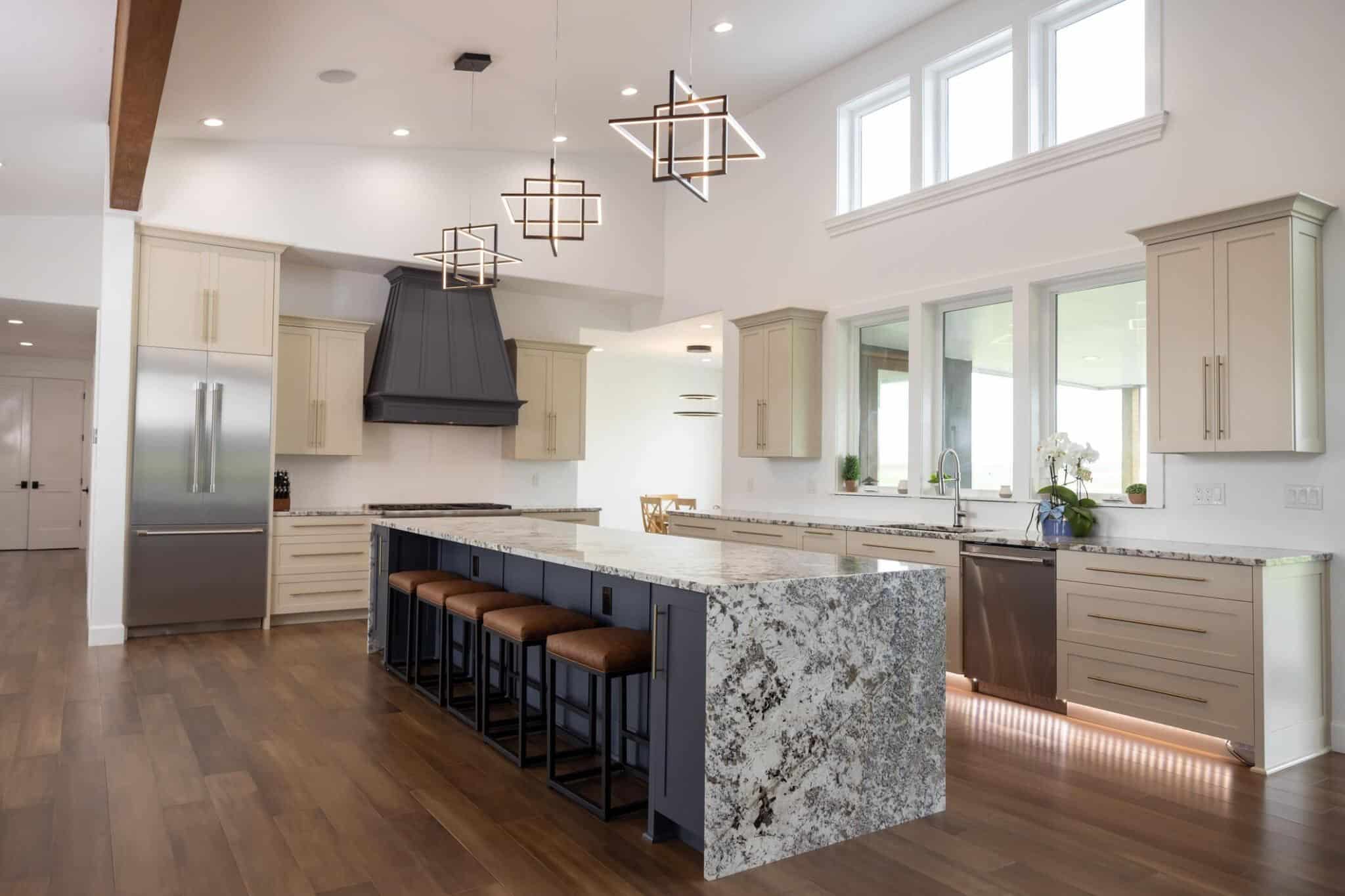
Sustainable Solutions for Pest Control
Pest control solutions encompass a variety of eco alternatives to conventional chemical pesticides. From insecticides to agents these products provide effective pest management while minimizing harm to ecosystems and human well-being.
- Environmentally Friendly Formulations: When chemical interventions are necessary choosing friendly pest control products can help reduce the impact on the environment. Look for products certified by organizations such as the Environmental Protection Agency (EPA) or those labeled as “organic” or “natural.”
- Do It Yourself Remedies and Home Solutions: Many effective pest control remedies can be found in your kitchen pantry. Common household ingredients like vinegar baking soda and essential oils can act as deterrents for pests such, as ants, cockroaches, and rodents.
- Community Initiatives and Collaboration: Sustainable pest control efforts can extend beyond individual households through community-based initiatives and collaboration. By sharing knowledge, resources, and best practices, neighborhoods can work together to implement eco-friendly pest management strategies, fostering a healthier and more sustainable living space environment for all residents.
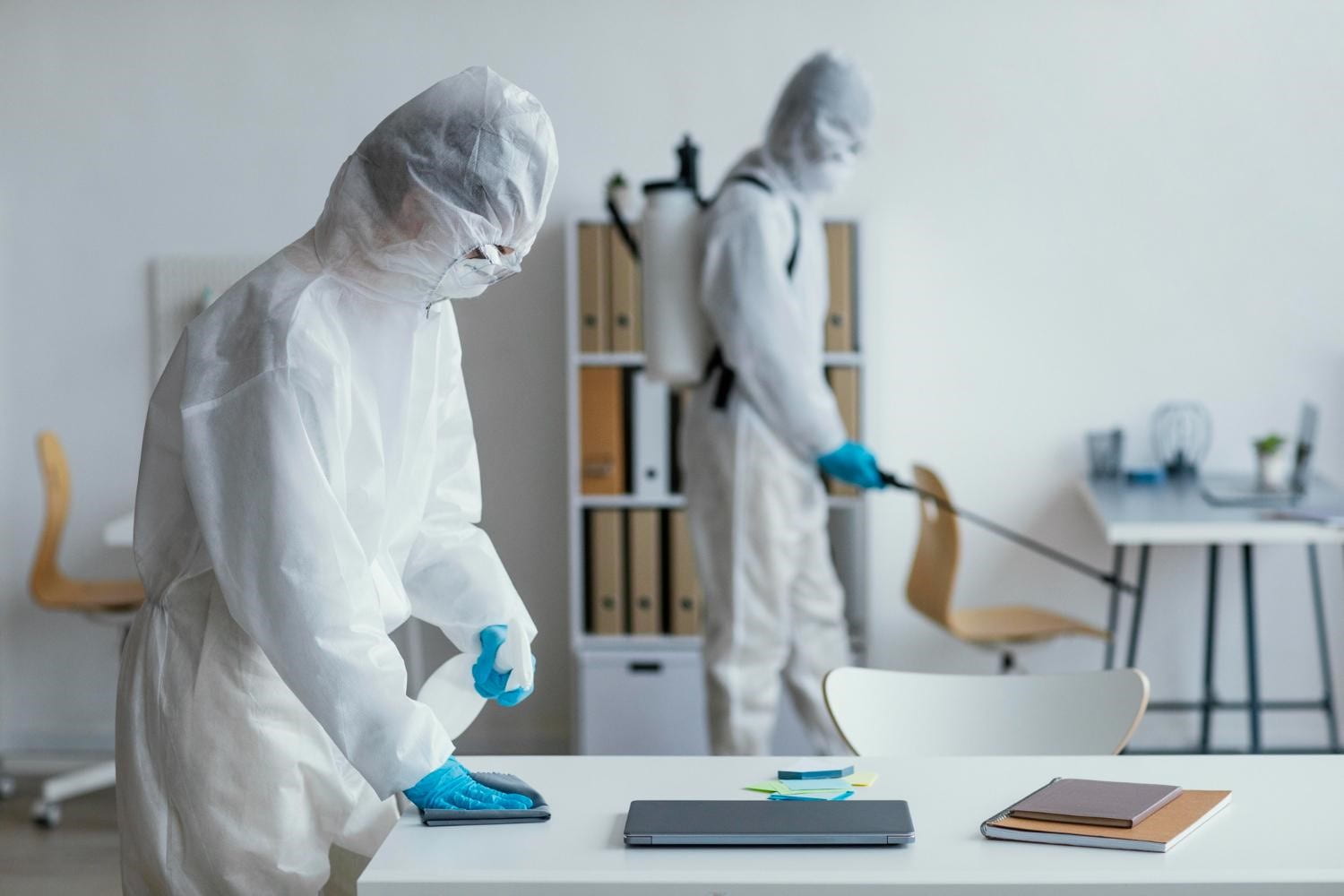
Hiring Professional Pest Control Services
Pest control services offer their expertise and customized solutions to manage pest infestations in commercial and industrial settings effectively. With trained technicians equipped with tools and treatments, these services prioritize safety and environmental responsibility while providing pest management.
- Friendly Pest Control Companies: For homeowners seeking assistance, there is an increasing number of pest control companies that specialize in eco-friendly practices. These companies prioritize the use of methods and products to effectively manage pests while minimizing impact.
- Comprehensive Solutions for Long-Term Management: Pest control services offer solutions tailored to each property’s unique needs. From inspection and identification to treatment and ongoing monitoring, eco-friendly pest control companies provide comprehensive services aimed at long-term management.
- Integrated Pest Management (IPM) Approach: Professional pest control services often employ an Integrated Pest Management (IPM) approach, which emphasizes proactive prevention and minimal pesticide use. By utilizing strategies such as habitat modification, biological control, and targeted treatments, IPM ensures effective pest management while reducing environmental impact.
Conclusion
In summary, incorporating pest control methods plays a role, in eco-conscious home renovation projects. By taking action utilizing pest management techniques and opting for environmentally friendly products and services homeowners can establish living spaces that are both free from pests and environmentally sustainable.

